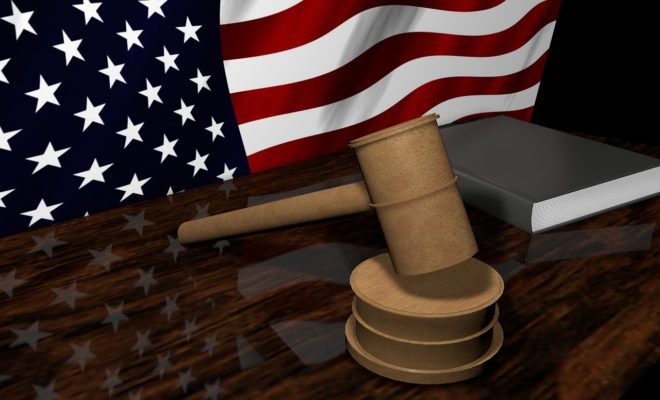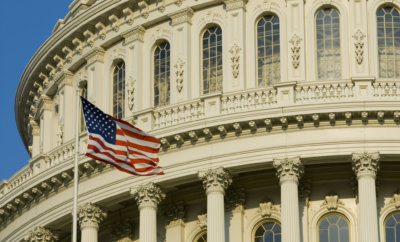Business
U.S. Judge Gives Nod to Startup Visa

Representational Image
Creative Commons
The current administration can no longer delay the International Entrepreneur Rule, the judge ruled.
A U.S. district court judge has ruled that the current administration can no longer delay the startup visa or the International Entrepreneur Rule (IER), under which startup founders from various countries could live temporarily in the United States to promote their company.
Indian-origin brothers Atma and Anand Krishna, along with other tech entrepreneurs, had filed the lawsuit against the Department of Homeland Security for refusing the implement the rule that was signed almost at the end of Obama era. It had been delayed in July 2017 and the Trump administration hoped to do away with it completely by March 2018. The lawsuit was filed by the National Venture Capital Association (NVCA).
District Judge James E Boasberg Dec. 1 ruled that the department should begin accepting applications from foreign entrepreneurs.
With the rule in place, startup founders like the Krishna brothers, who founded payments platform LotusPay will be able to go to the United States to grow their organization. The Krishnas are launching the app in India and want to expand it in the United States. However, the visa hurdle derailed their plans. Atma had to leave the United States, where they were staying, and Anand may also have to leave soon.
The NVCA argued in court that the rule cannot be delayed as the Homeland Security did not solicit advance comments from the public on the delay, which is in violation to the Administrative Procedure Act.
“Immigrant entrepreneurs play a vital role in strengthening the U.S. economy, creating new jobs for Americans and pushing the boundaries of innovation,” NVCA president and CEO Bobby Franklin said in a statement in September 2017. “Rather than throw up roadblocks that prevent them from bringing their talent and ingenuity to our shores, we should welcome them with open arms.”
The rule allowed entrepreneurs to stay in the United States for up to two and a half year and it could be extended later without a green card or visa. It was supposed to come into effect by July 2017. However, Homeland Security said it was delaying it days before its implementation.




You must be logged in to post a comment Login